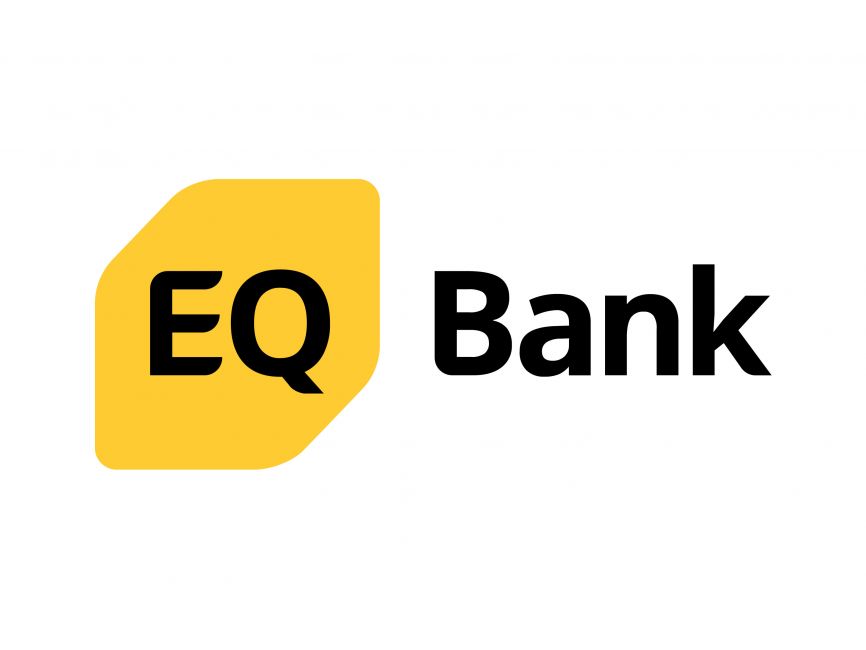
Hybrid bank accounts broken down: Is it right for you?
Josep Suria / Shutterstock
Updated: February 22, 2024
Given the current state of the economy, we’re all trying to stretch our savings. While high-interest savings accounts (HISA), with their attractive interest rates and low or non-existent fees, are a great tool to give funds a boost, they often lack the flexibility of a chequing account.
But now there’s a new flexible, high-interest earning banking product that’s starting to make a splash with saving-savvy Canadians: Say hello to the hybrid bank account.
What is a hybrid bank account?
A hybrid bank account is essentially a high-interest savings account and a chequing account in one. It features the higher interest rate of a HISA with the daily usage flexibility of a chequing account. You can use a hybrid bank account as a place to just let your money sit and accumulate interest or use it almost as you would a chequing account for debit payments, withdrawals, Interac e-transfers, bill payments and more.
Some of Canada’s best hybrid bank accounts
There are not as of yet many fully hybrid bank accounts in Canada, but here are some options that are worth investigating.
Best hybrid bank accounts
| Features | KOHO | EQ Bank | Wealthsimple Save |
|---|---|---|---|
| Fees | No fees unless you sign up for a Essential or Extra | No fees for everyday banking | No fees for everyday banking |
| Interest Rate | Earn up to 5% extra cash back at partnered merchants + Earn saving interests on your entire KOHO account balance | 2.50%* | 0.9% |
| Debit or credit card | Prepaid Mastercard® | No | Coming soon |
| Is your money protected | Yes, Canada Deposit Insurance Corporation | Yes, Canada Deposit Insurance Corporation | Yes, Canadian Investor Protection Fund |
Interest is calculated daily on the total closing balance and paid monthly. Rates are per annum and subject to change without notice.
KOHO can cover most of your essential needs in one place, depending on the level of functionality you choose. Its core product is a prepaid card, in which you can add funds to your account and then use the card to make purchases at stores or withdraw funds from an ATM, just as you would with a credit or debit card. But you don’t have to worry about accumulating high-interest credit card debt because the card is prepaid and you can’t spend beyond what you put on it. Free KOHO prepaid cards with KOHO Easy earn up to 5% extra cash back at partnered merchants. You can also opt to pay an annual fee of $84 (or $9/month) for the KOHO Extra version of the card, which earns 2% back on groceries, food & delivery, and transportation—0.5% back on all other categories. Spending with partners for KOHO Extra can earn up to 6% extra cash back. There’s also a middle-tier paid version between these called KOHO Essential.
With your KOHO account, you can earn saving interests (up to 2.00%) on your entire KOHO account balance at a rate competitive with the best high-interest savings accounts in Canada. You can also use your KOHO account to pay bills, as well as send unlimited free e-Transfers.
With no monthly account fees and one of the highest savings account interest rates in the country, the EQ Bank’s Personal Account is one of Canada’s top hybrid options. The account features an impressive 2.50%* standard (i.e. not just promotional) interest rate, which goes to 4% when you set up direct deposit. You can also treat the EQ Personal Account like a hybrid account, because you can use it to pay bills and take advantage of free Interac e-Transfers®.
One major drawback, however, is that the EQ Personal Account doesn’t come with a debit card, so there is no way to pay merchants directly on site or to quickly access cash through an ATM.
Interest is calculated daily on the total closing balance and paid monthly. Rates are per annum and subject to change without notice.

Wealthsimple Save describes itself as a “zero-fee do-everything account.” It’s a no-fee hybrid account that offers a decent interest rate and the flexibility of a chequing account. The account features unlimited free transfers between your outside bank accounts, as well as no monthly fees or minimum balance requirements.
Unfortunately, there’s a big caveat with Wealthsimple Save—at least for the moment. Though the account was launched in January of 2020 most of its features have not been implemented and Wealthsimple is not giving any specific dates as to when they will be available. These “coming soon” features include free Interac e-transfers, direct deposits, pre-authorized debit, and bill payments. There is also supposed to be a prepaid Visa card that will double as a debit card for withdrawals from ATMs, with Wealthsimple reimbursing any ATM fees. Additionally, there are supposed to be no foreign exchange fees when using the card abroad.
When all these features are available the account will be one of the best and most flexible hybrid accounts in Canada.
How is an HBA different than a traditional bank account?
Hybrid bank accounts are a relatively new product and, thus far in Canada, are offered only by non-traditional, online-only banks, credit unions, or innovative fintech companies like Wealthsimple. Traditional banks generally still insist on keeping the savings and chequing account as separate entities with low interest and high fees.
In Canada, average interest rates for a savings account are .05% or lower. Though some banks offer higher interest rates, they are usually only good for a set promotion period to get new customers. Or the higher interest rates are just available to clients who keep a huge minimum amount in their accounts—money that would do much better in a HISA or in an investment account.
The same limitations exist for traditional banks’ chequing accounts, which typically offer little to no interest and charge monthly account fees, unless you maintain a large minimum balance in the account.
Hybrid accounts, however, offer solid interest rates that typically range between 0.9% to 2% (note these are not promotional rates but standard rates). They usually don’t charge fees, allow unlimited transactions, and have no minimum balance requirements.
Pros and cons of a hybrid bank account
Pros
-
Low or no fees for a variety of (often) unlimited transactions
-
Flexible
-
Higher interest rates
Cons
-
Some financial institutions have not implemented all the features of their hybrid accounts
-
No physical locations
-
May not have all the extras, like debit or credit cards
Who should use a hybrid bank account?
Anyone comfortable using an online-only bank would appreciate the no-frills, high-gain benefits of a hybrid account. It’s important to note that several of the hybrid accounts available in Canada don’t yet offer the full functionality of a chequing account, so you may need to have at least one chequing account with another institution in order to cover all your banking needs (see more details in the specific account reviews above).
Who shouldn’t use a hybrid bank account?
If you like going into a brick-and-mortar bank and feel uncomfortable with online banking, a hybrid bank account may not be the best option for your banking needs. Some people also prefer to keep all their various bank accounts, mortgages, investment products, and credit cards with the same bank for the sake of convenience.
The final word
There is no doubt that hybrid accounts have a lot to offer and will continue to improve as more features become available across Canada. For those of us comfortable with going fully digital, this is an opportunity we won’t want to miss out on.
In my opinion, a hybrid account is what most Canadians have been waiting for. Great interest rates make it much easier to boost your savings and the flexibility means you’ll enjoy the purchasing power of a chequing account without worrying about fees. Make sure you understand what your preferred hybrid account has to offer and go for it!
FAQs

Sandra MacGregor has been writing about finance and travel for nearly a decade. Her work has appeared in a variety of publications like the New York Times, the UK Telegraph, the Washington Post, Forbes.com and the Toronto Star.
Disclaimer
The content provided on Money.ca is information to help users become financially literate. It is neither tax nor legal advice, is not intended to be relied upon as a forecast, research or investment advice, and is not a recommendation, offer or solicitation to buy or sell any securities or to adopt any investment strategy. Tax, investment and all other decisions should be made, as appropriate, only with guidance from a qualified professional. We make no representation or warranty of any kind, either express or implied, with respect to the data provided, the timeliness thereof, the results to be obtained by the use thereof or any other matter. Advertisers are not responsible for the content of this site, including any editorials or reviews that may appear on this site. For complete and current information on any advertiser product, please visit their website.







